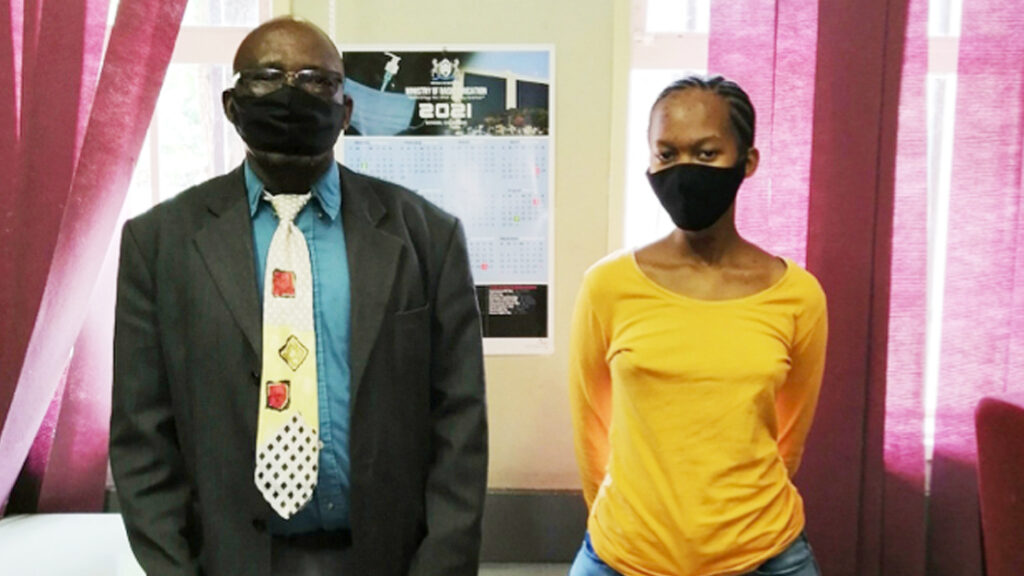IGNATIOUS NJOBVU
If indeed education was meant to train the mind to think, then we ought to subject learning to practice as much as possible. Real-life problem solving must be the backbone of all learning. Through some demonstration of skills, we can satisfy ourselves that not only are learners acquiring knowledge, but can also put it to practice as well. It is the abstract learning approach that continuously resigns graduates to status of being workers. Graduates fail to create value by providing solutions to problems. We always want somebody else to take charge so that we can follow. We have mastered the technocratic attitude. But in order to fulfil our national vision for a knowledge-based economy, then we ought to think beyond managing the status quo. We will need graduates with some entrepreneurial minds. Graduates who would have undergone some training or education on how to be part of the solution. Being entrepreneurial does not mean throwing around ideas with the hope that someone else with put them to action. It means getting ones hands dirty for the greater good of making a difference.
The results for the lower secondary section have just been released. As usual, it is all happiness and agony reigning in schools due to the norm-referenced kind of analysis. It is about whether or not one student or school performs better than another student or school. The assumption is that those that appear on the top can by extension display certain skills and attitude commensurate to that level of testing, better than those at the bottom. Whether or not such grade descriptive standards are realised through norm-referenced testing, is a topic for another day. But certainly to a larger extent, setting some criterion and demanding that it be satisfied by all candidates, should be able to verify that the set grade descriptive standards commensurate to a certain level are met. It is on that note that I fully subscribe to the idea that there be school based assessment. In that way, project based learning and indeed the demonstration of certain skills, can easily be executed. Set criterions for various skills and attitude, can easily be done at a school level. For instance, this has always been the case for most practical subjects at schools. Therefore, it is a venture that we have experience on. Being a nation that has adopted a standard based approach to assessment and grading, I think school based assessment will do more justice to this course.
Having said that, I wish to congratulate all the 2020 JCE candidates. The results indicate that 84.20% of candidates obtained grades E or better (pass grades) compared to 85.5% in 2019, representing a slight decline of 1.30%. If I am to filter in the disturbances in calendar caused by coronavirus, the JCE results this year are a surprise in the positive. The loss in teaching time, the frenzy that caused panic in schools and indeed the changes in the way of life that called for adoption of new teaching and learning technics, all signalled that we were headed for the worst results ever. Instead, the 2020 results remain within the range of +–2, representing an insignificant shift by international standards.
Being a resident of North West region and indeed practicing my education profession there, I wish to appreciate and congratulate ‘Ngeepetjike Ngaruka’, a student from Tsodilo JSS in Maun, for scooping the top achieving slot amongst all 2020 candidates’ country wide. In the Okavango sub region, ‘Princess Carlic’, a form three student at Okavango JSS was the only A-grade student in the school. In a special way, I wish to congratulate Popagano JSS in Sepopa for a huge frog-jump on their quality pass rate from 31 % in 2019 to 40% in 2020. In the primary section, Gumare Primary School added value of almost 13% from 67 to 80%. In as much as the region is not performing well in reference terms, we are also finding some glimpse of high achievement. Such results should bare witness that indeed the region has great potential. This should motivate us all to even do greater things.
Let me conclude by appreciating other stakeholders including teachers, parents and the Ministry of Basic Education for their resolve in ensuring that learners are getting an education at these very uncertain times. We are currently not certain of when we would be free of this pandemic, and as such we ought to work under the prescribed conditions and still do our very best. I thank you.
injobvu1981@gmail.com
